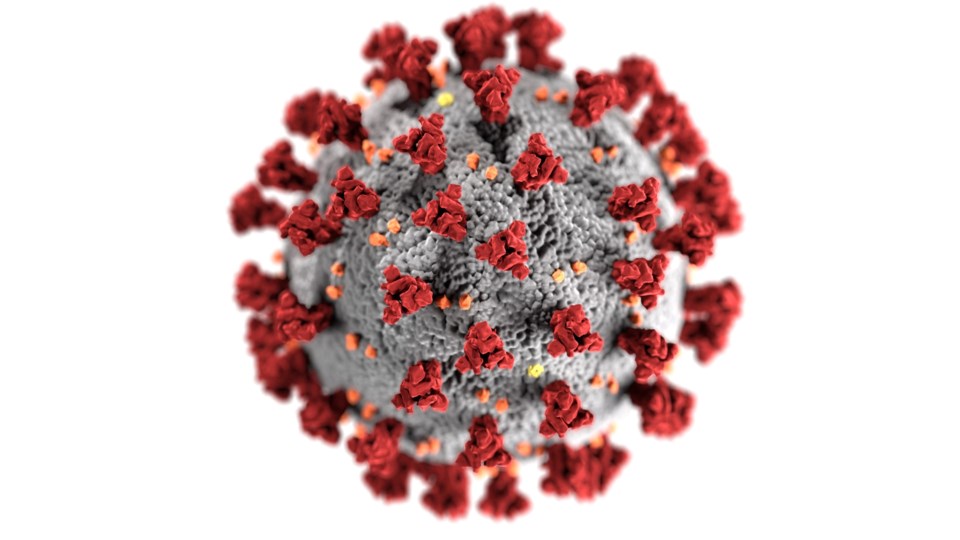While the Ministry of Health stresses the need to protect patient privacy, many residents insist that they should be given more details on the eight confirmed coronavirus cases in Richmond.
Eight cases of COVID-19 were confirmed in Richmond on Thursday, leaving many residents wanting to know what neighbourhoods these patients live in and where they might have recently visited.
However, the provincial health officer, Dr. Bonnie Henry, told the Richmond News in a statement that respecting patent privacy will better enable public health providers to do the work they need to do to keep everybody safe, adding that if privacy can’t be guaranteed, some people may not come forward for testing.
"We want people who have symptoms to contact us, and to feel safe contacting us, knowing their privacy will be protected so the steps to protect the health and safety for all can be taken," the statement read.
In terms of providing more specific information regarding risk of exposure, the statement added, "Anyone who may be at risk of exposure to COVID-19 gets contacted by the public health officials who are supporting confirmed cases and their close contacts.”
However, some Richmond residents believe that the benefits of providing the general public with more information regarding cases in their area outweigh privacy concerns.
A Richmond resident, who only gave his last name as Wang, told the News that transparency is more important than patients' privacy at this stage.
"If we know more details, we could better protect ourselves," said Wang, notes that China launched a coronavirus tracking app, dubbed the "close contact detector," which alerts people if they have been in close proximity with someone who has it.
"Getting to know COVID-19 hot spots is helpful for us. When we take a walk outside or go grocery shopping, people can protect ourselves from contracting the virus.”
Another resident, who gave his last name as Wu, told the News the lack of detail regarding each confirmed case causes more panic and hysteria in the local community.
"Our social media is already flooded with COVID-19-related hoaxes and misinformation. For example, people shared a photo of an emergency vehicle parked outside of a residential building, leading many netizens to think this might mean one of the residents of the building tested positive for COVID-19," said Wu.
"However, the truth could be that a resident fell on the floor. Unfortunately, some people would rather believe in rumours. Someone told me gossip doesn't come out of nowhere, being overcautious is a wise decision at the moment because the information we’re being given isn't clear enough."
For all the latest news on COVID-19, click here.



